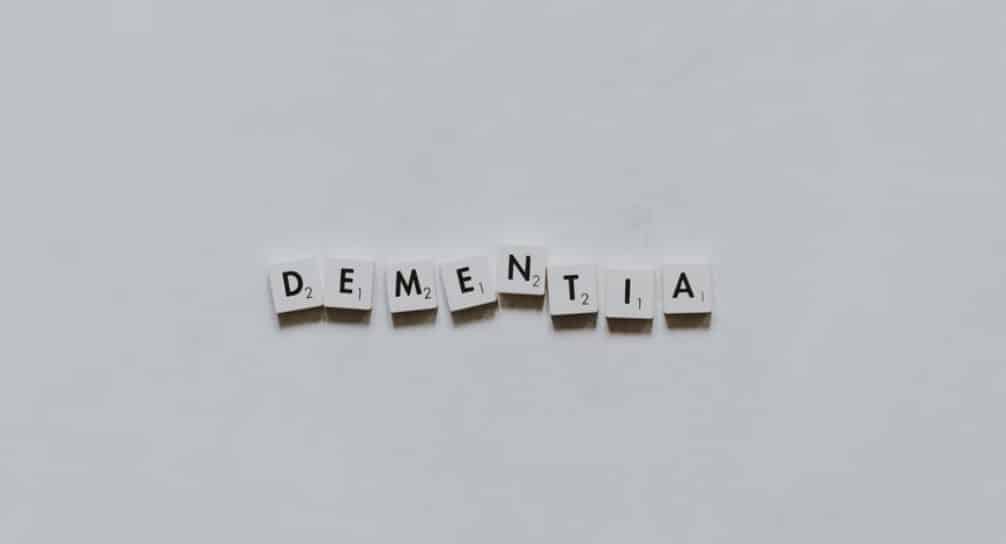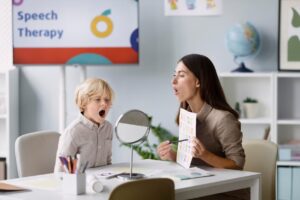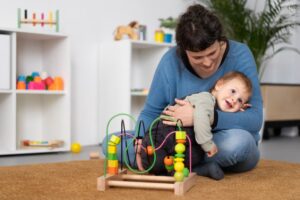
What you can do to prevent the on-set of cognitive decline in adults
We’ve asked the question quite many times now, but it remains contextual each time – is brain training only for treating disabilities? Is it a means of damage control or more of a precaution before you need the medicine? Taking dementia for instance, the role of BRAIN TRAINING is surely of the preventive type.
So, what is Dementia and where does brain training come into picture?
Dementia is a condition with potentially devastating effects – incurable, progressive and which threatens to rob us of the essence of who we are. With dementia, we see a decline in mental ability even to levels of severity that it interferes with our daily routines. Studies show that the condition might not be reversible, but it surely is preventable. Along with other actively playing factors, training the brain muscle starting early might also result in delaying and even preventing the Dementia. Developing new skills like playing music, learning a new language or even rigorous reading can be an effective brain workout resulting in a healthier Dementia-free brain.
Dementia is commonly associated with aging, however, that is not the case. Before displaying the first symptoms, dementia starts developing decades ago. Hence, a preventive action way before it starts might also be a good idea. Along with training the brain muscle, here are a few healthy lifestyles that help delaying and preventing Dementia.
Eating healthy!
This might be an over discussed cliché advice, but it stays undeniably important – and a good reminder never hurts.
So, here’s the story – the diets of our hunter forefathers lead to such genius brains today. But the full-of-packaging and preservatives diet today does not seem to be an indication of good mental health in the foreseeable future. To switch to a similar if not the exact diet centuries ago, here are a few recommendations:
- Dark leafy greens like kale and spinach that have a high ratio in nutrients to calories.
- Egg – especially its yolk. In a nutshell – or an eggshell in this case, it contains all the nutrients your brain needs to function.
- Red meat. It has an abundance of bioavailable micronutrients.
- Fatty fish contain the most essential building blocks for our brain.
- Fruits, loads of them – especially ones like avocado that have antioxidants to protect our brain.
- Extra virgin olive oil – you can also call it fruit juice.
Exercise
To train your brain and build a defensive reserve for the future, you need to rely on physical fitness too. Helping the brain to keep growing, exercising is the key for neuroplasticity. It not only protects the existing neurons but also promotes the growth of new ones.
- Aerobics
- Weightlifting
Both play a best friend’s role for your brain.
Keeping an eye out for the symptoms
Knowing that Dementia and Alzheimer’s are hereditary conditions but can also happen to almost anyone, we must keep an eye out for the symptoms.
- Memory loss that interrupts daily life
- Challenges in planning or solving problems
- Taking more time than usual in simple routine tasks
- Difficulty concentrating
- Confusion with time place and known people
- Trouble understanding visuals and spatial relationships
- Unusually new problems with words in speaking or writing
- Misplacing things and finding difficulty to retrace steps
- Noticeable changes in mood and personality
- Social withdrawal
When it’s Dementia and not normal aging
Some might misunderstand signs of dementia as normal aging signs and end up disregarding the early symptoms, here are a few things that are signs of aging VS signs of Dementia.
- An aging person might make a bad decision occasionally, on the other hand a person with dementia will show consistent errors in decision-making.
- Forgetting to pay a bill once or twice is normal, however the inability to manage a budget might indicate Dementia.
- Forgetting the day and date often occurs with age, while losing track of date and time consistently can be a sign.
- Misplacing things sometimes is a human trait, but constant forgetfulness and losing things should be a red flag.
Prevention is always better, but for the people already diagnosed – Now what?
There are also ways you can make it better for people who have already been diagnosed with dementia. Creating an environment full of favorite memories, narrating their own favorite stories to them, playing their go-to song, and eating their most loved food. Reliving their lives with them helps them connect to what they’re forgetting and find a sense of belonging in a world that grows stranger and stranger for them day by day. And not to mention, a performing treatment or a brain training program that might help in stopping the growth of dementia if not reversing it. We need to remember that there will always be hope, and a way to make these lives better than they are today.






